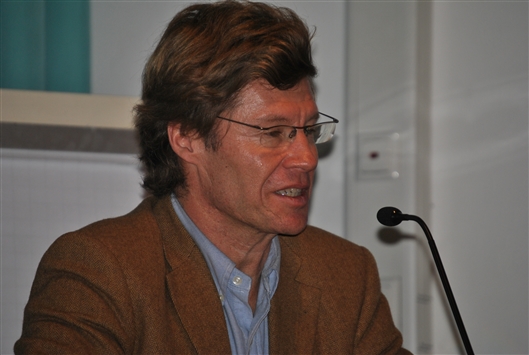
Riguardo al pluralismo del diritto. La concezione della giustizia politica in Platone e Aristotele e l’egualitarismo contemporaneo
di Manuel Knoll
Sunto: Nel ventesimo secolo, l’etica della virtù e la filosofia politica di Aristotele hanno visto una notevole rinascita. Tra gli egalitaristi contemporanei, Martha Nussbaum ha provato a sostenere la sua versione dell'approccio in relazione alle capacità con riguardo ad Aristotele. Anche John Rawls ha creduto che la sua concezione di giustizia sociale e politica fosse in linea con la tradizione aristotelica. Quest’ articolo indaga la relazione della concezione aristotelica e platonica della giustizia politica con l’egalitarianismo contemporaneo. L’articolo difende la tesi secondo cui il ricorso di Nussbaum e Rawls ai filosofi antichi non rende giustizia al pensiero di questi ultimi sull’eguaglianza e la giustizia, perchè li avvicinano a valori e idee moderni.Si mostreranno le differenze tra l’egalitarianismo contemporaneo e l’immagine aristotelica e platonica dell’umanità e della giustizia politica. In questo modo l’articolo mira a una migliore comprensione della pluralità e irreconciliabilità di differenti concezioni della giustizia.
Abstract: In the 20th century, the virtue ethics and political philosophy of Aristotle have seen a remarkable resurgence. Among contemporary egalitarians, Martha Nussbaum tried to support her version of the capabilities approach with Aristotle. And also John Rawls believed that his conception of social and political justice is in line with the Aristotelian tradition. This article investigates the relation of Aristotle’s and Plato’s conception of political justice to contemporary egalitarianism. It substantiates the thesis that Nussbaum’s and Rawls’s recourses to the ancient philosophers don’t do justice to their thought on equality and justice because they assimilate it to modern values and ideas. This article shows the differences between contemporary egalitarianism and Aristotle’s and Plato’s image of humanity and their conceptions of political justice. Thereby the article aims at a better understanding of the plurality and irreconcilability of different conceptions of justice..